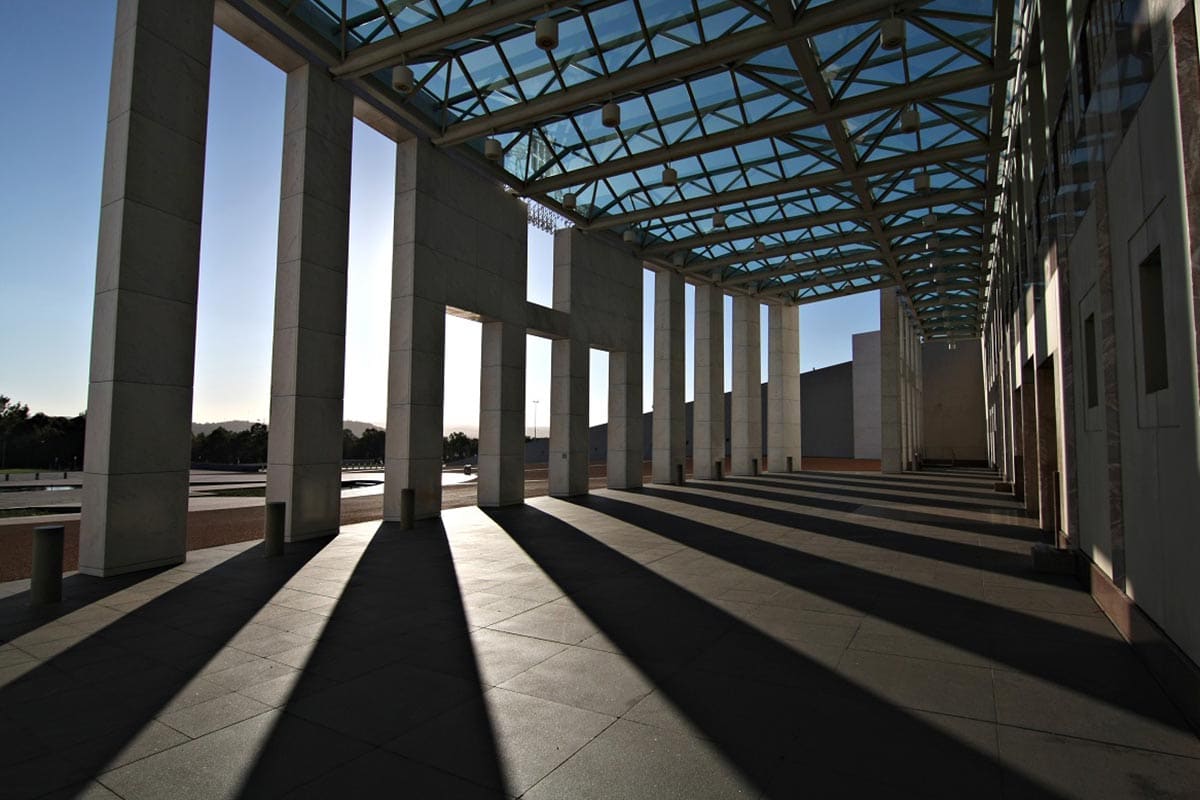The Abbott Government has been swift to move on from the February leadership spill with the Prime Minister focusing on issues that resonate with the traditional Liberal & Nationals support base, namely the economy and national security.
In a determination to move beyond the chaos that defined the beginning of 2015, the Government has moved to appease a despairing public and an angry Senate. To achieve this, the Government has dumped the universally unpopular GP co-payment and has backflipped on the Defence Force pay dispute with $200 million to fill the gap. The reported changes to the car industry subsidies are yet to play out.
The Future
The Intergenerational Report highlights Australia’s changing demographics – we are living longer, we need to work longer and somehow we need to find a way to pay for the explosion of health and welfare costs that will hit our economy.
The comments made by the Treasurer around early access to superannuation for first-home buyers was universally panned by economists, which suggests the Government must deliver new and to a large degree tested policy initiatives around the long-known issues that appear in the Report.
Despite this, the Report provides the Government with a back drop to begin having the long overdue conversation with the electorate about the structural reforms needed to ensure a robust Australian economy, a conversation that both sides of politics have failed to deliver beyond the electoral cycle.
Leadership
Post Leadership Spill – The latest Newspoll puts the Government’s primary votes at a stable 38% but trailing Labor on a two-party preferred basis 55-45%
While leadership speculation still simmers in the background, the relative stability of the poll certainly gives the Prime Minister some much needed air to press on with his agenda beyond the NSW State Election and towards the May Budget.
Despite the momentary respite, corporate confidence continues to hurt the Government with business confidence similar to the dying days of the Gillard Government.
The sluggish economy hasn’t helped with GDP growth coming in at 0.6% for the December quarter, below consensus, and the Terms of Trade are down almost 11% over the course of last year. While the Government only just managed to survive January, unemployment rose to 6.4%.
The Budget
Today’s stable poll numbers provide the Prime Minister and the Treasurer the short-term buffer they need to begin positioning the 2015-16 Budget, ensuring the narrative they deliver to the electorate doesn’t become Groundhog Day.
The long-term survival of the Government is intertwined with this Budget and no one knows this more than the Prime Minister and the Treasurer, whose own futures are on the line. A worse than predicted result in the NSW State Election and another failed Budget will be the kiss of death both are desperate to avoid.
NSW Election
March 28 – NSW election: $20 billion electricity assets sale remains the divisive issue.
The appointment of the former ACCC Chairman, Professor Allan Fels to the role as the independent electricity pricing tsar inserts a credible independent voice around the electricity assets sales debate to pacify a nervous public.
Leading into this election, the Premier can be partially relieved with the buffer zone of seats the Government has from the 2011 election landslide. As polls go, 81% of voters think Baird is ‘likable’ contrasting him with the deeply polarising Campbell Newman. This has to help Baird considering this election is primarily focused on a divisive policy of privatisation.
What next?
Over the next three weeks, the Baird Government will continue a media campaign rolled out highlighting project spends across Health, Transport, Roads and Education that will be funded by the proposed electricity asset sales. The focus of the campaign will continue to be on jobs and the economy.
Labor’s infrastructure plan is less than half the value of the one proposed by the Baird Government due to its refusal to support the electricity assets sales. In this regard, Labor will continue to campaign heavily against the electricity assets sale and because it has a reduced infrastructure plan will be forced to focus on service delivery around issues like Health and Education.
The outcome?
Less than three weeks out, the Baird Government should be returned. The bigger challenge remains getting the Upper House tick off for its assets sales to fuel its ambitious growth agenda.
Over the past four years, the Government has had to negotiate with the Christian Democratic Party and the Shooters and Fishers Party to get Legislation passed. As the Shooters and Fishers Party oppose the electricity assets sale, the Government is hoping to win enough of the Upper House vote to ensure they only have to gain support from the Christian Democrats to have the majority over Labor and the Greens.
Gaining a workable majority, even with the support of the Christian Democrats, is not a given and with the Shooters and Fishers Party refusing to support the lease of ‘poles and wires’ it will be crucial for the Baird Government to win at least nine seats in the Upper House.
Citadel-MAGNUS advises clients on a range of stakeholder engagement topics, including how to navigate the complexities of government and the impacts of government policy on business conditions.


